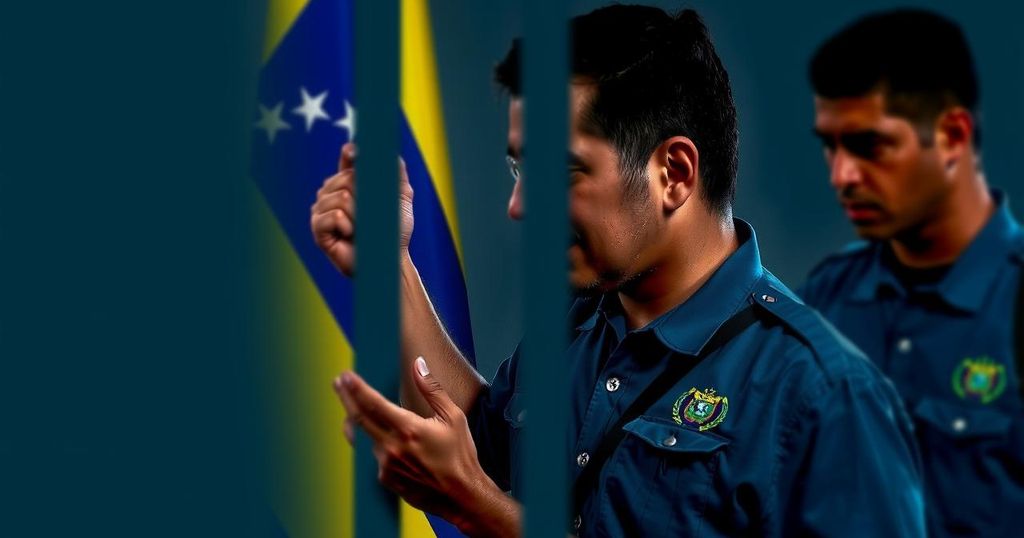Venezuela Releases Over 100 Political Prisoners Post-Election Unrest

Venezuela has freed over 100 political prisoners following the disputed July presidential election results. Arrests surged after President Maduro claimed victory amid widespread protests, which are contested by the opposition. The release of prisoners at various facilities coincides with ongoing international concern regarding the country’s political and human rights situation.
In the aftermath of Venezuela’s controversial presidential election in July, authorities have released over 100 political prisoners who were detained amid widespread protests. According to Alfredo Romero of the human rights organization Foro Penal, a total of 107 detainees have been verified as released due to the electoral unrest. Reports indicate that more than 1,800 individuals were arrested following claims that President Nicolás Maduro had triumphed, a declaration widely contested by both domestic opposition and the international community.
Venezuela has been experiencing significant political turmoil, particularly highlighted during and after the presidential elections held in July. President Nicolás Maduro’s announced victory, claiming 52% of the votes against opposition candidate Edmundo González, led to mass protests. The opposition alleges that they have substantial evidence to demonstrate that González secured a clear victory, a claim the National Electoral Council (CNE) dismissed due to alleged data corruption from hackers. This political strife has seen a multitude of arrests under various charges, leading to international scrutiny of Venezuela’s human rights record.
In summary, the release of over 100 political prisoners in Venezuela marks a significant development following the contentious July elections. The ongoing political crisis continues to prompt substantial protests and arrests, drawing international criticism towards the Maduro regime. As Maduro prepares to commence his third term, the implications of these events on Venezuela’s democratic processes remain uncertain and deeply concerning.
Original Source: www.bbc.com







